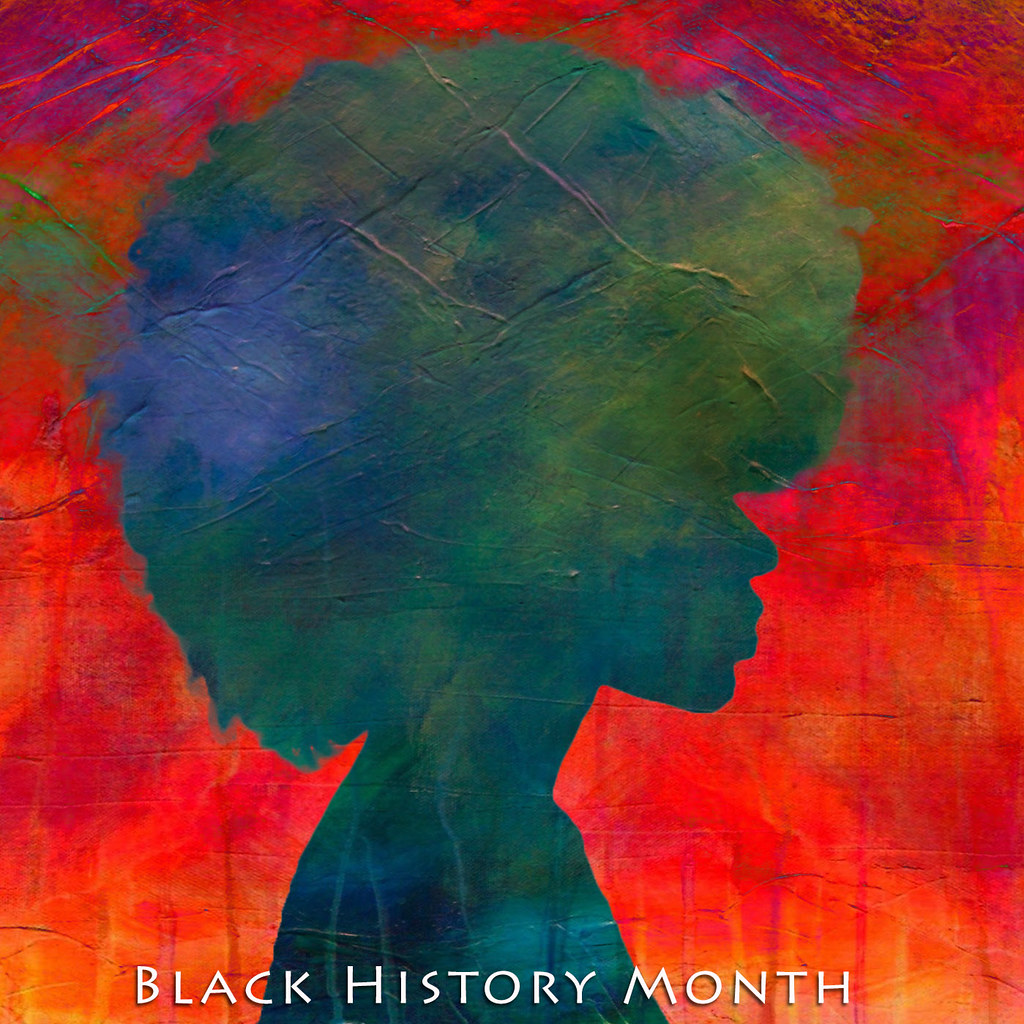By Laura Rodríguez Peña
October has begun, the leaves are starting to change colours and fall from the trees, some people are getting ready for Halloween and some others are beginning their study term.
But in the UK October is a very important month not simply for these reasons, but because it is the Black History Month. This means that for 31 days the UK honours the history, achievements, and contributions of the black community.
There are different events in universities, state institutions, and private organizations that focus on commemorating the heritage and culture of black people. However, this celebration evokes some important reflection, should there be a designated Black History Month or more focus on issues of equality year-round?
The answer might be obvious, topics such as equality, race, and representation should be something people talk and care about all year long. But that doesn’t mean that a designated month to Black history is not essential as well.
For centuries the world has celebrated the achievements of white history while the endeavours by other races are unnoticed by the media or not even taught in school. This is why Carter Godwin Woodson created “The Negro History Week” in 1926 in the United States and Akyaaba Addai-Sebo organised the Black History Month in the UK in 1987.
Should there be a designated Black History Month or more focus on issues of equality year-round?
Quoting Woodson “If a race has no history, it has no worthwhile tradition, it becomes a negligible factor in the thought of the world, and it stands in danger of being exterminated.” Black History Month is a way to commemorate and remember not only tradition but to put the spotlight on important matters that have been pushed to the shadows or simply that people refused to talk about for decades, such as racism, identity, and representation.
The world still needs to be reminded that all races deserve representation in every field. Even nowadays areas like arts, media and academics still lack representation, one example is “the British journalism industry [which] is 94% white“ according to The Guardian. Nevertheless, global awareness about this issue has increased and more people are rightly concerned about inclusion, equality, and diversity in all aspects of life.
Another important issue that gives more scope to why the Black History Month should not be ignored is education. We should be educating people, young and old, about the achievements and difficulties that the black community face.
It is crucial that children have access to knowledge about their roots and the diversity of humanity. Most importantly, they should grow up feeling that they are represented not only in media but also in history, especially when they are in the classroom.
Of course, there is still a long path until we reach an inclusive, egalitarian world. But, Black History Month is a step in the right direction, to honour cultural diversity and a race whose accomplishments were excluded and forgotten for centuries.
Image credit: silverchild24





